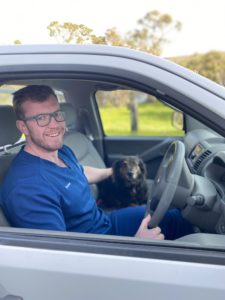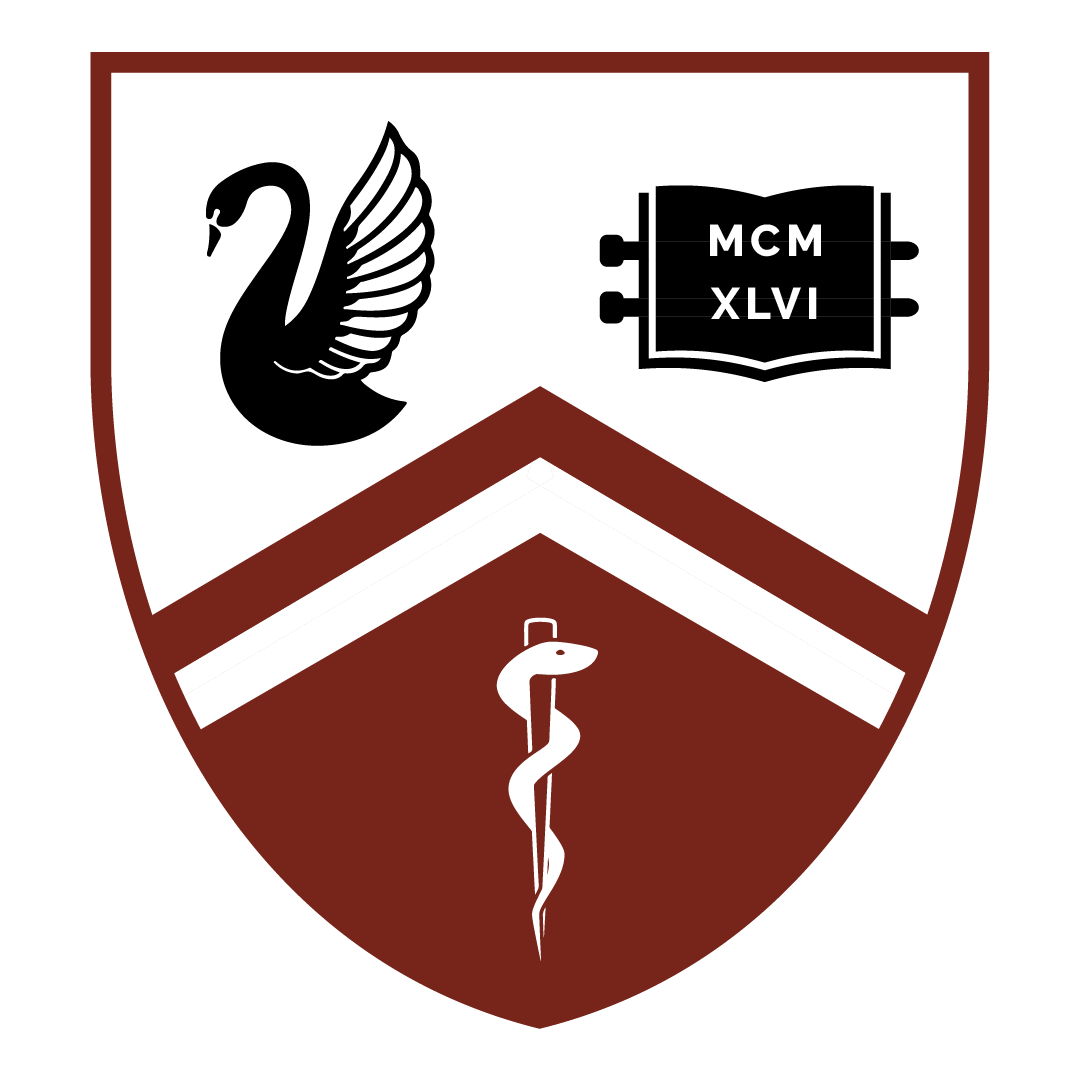Medicine – superficially, it appears simple enough for the stereotypical medical student (driven with a sprinkling of obsessive-compulsive personality disorder). There are learning objectives, examinations and key performance indicators that need to be achieved in order to advance. The same can be said for fellowship training; don’t fail a rotation, complete workplace-based assessments, pass summative assessments and collect your letters. Pretty straightforward, right?
One of the biggest challenges I have encountered both as a student and doctor is the process of balancing medicine with my personal life. It would be fair to say that I have been only mildly successful in this endeavour. My studies and career have cost me personal relationships, directly through the requirements of the job and indirectly through my inability to be fully present, due to fatigue, disinterest, or just being unpleasant to be around. I’m guilty of not switching off outside of work, often checking and responding to work emails that are conveniently configured on my laptop and phone. I say yes to requests and commitments without fully considering the implications for my schedule – I committed to this article knowing I had planned to also submit two pieces of summative assessment for psychiatry training, 15,000 words in total. Even outside of work I am often preoccupied with clinical encounters – the complex patient or scenario where the management plan is unclear, which may leave me feeling uneasy due to concerns regarding risk.
It is not infrequent that medicine has taken precedence over my health. It has been said that I consume too much coffee (I vigorously dispute this). I’ve accepted extra shifts for the sake of service delivery, often mentally catastrophising the service implications if I did not do this. I have undergone more surgical procedures than I care to admit, but one, in particular, stands out - a modified Uvulopalatopharyngoplasty. One week post-operatively, I was back working nightshift, pushing through with a sore throat, struggling to speak and fuelling myself with custard and Yogo (hopefully, my ENT doesn’t read this).
So, my experiences sound quite horrible and foreboding for prospective medical students – what is the solution? Don’t forget the important things around you, friends, family, and partners. They are your supports and not a hindrance. Look after your physical health, source your own GP and listen to their advice. Moderate alcohol (and coffee I guess) and attempt to follow some semblance of a healthy diet. Do something physical to balance the significant cognitive demands required by medicine (lifting weights and BJJ are my outlets). Take a break to switch off entirely from work, including emails. Guard your off time like your life depends on it because your (quality of) life does. Seek out a mentor/supervisor that you can confide in and trust. Enjoy the journey and celebrate the wins. And most importantly, advocate for yourself and back yourself because after all, if you don’t, who else will?
For me, at the end of the day, it is all worth it, and there is no other profession I would rather be doing.

Dr Nicholas Faint is a third- year psychiatry registrar residing in Albany with his amazingly tolerant fiancé and dog Echo. He graduated from the UNDF in 2015. He has an interest in addiction, consultation-liaison, and rural psychiatry. He is one of the vice-chairpersons for the Western Australian Association of Psychiatrists in Training (WA APT) and sits on the national RANZCP Trainee Representative Committee.
